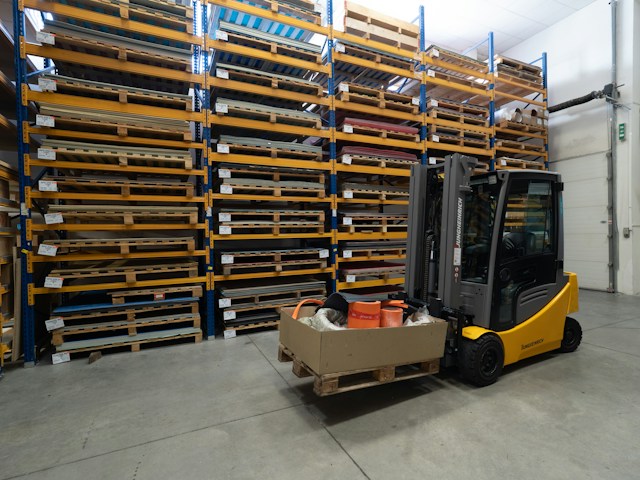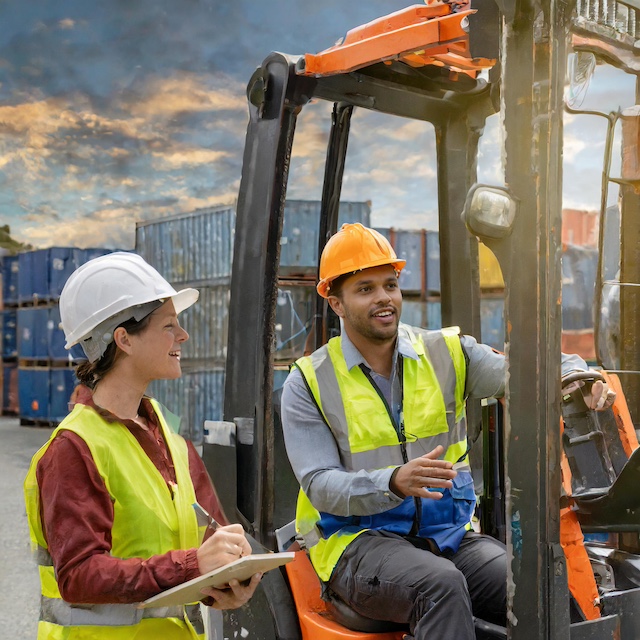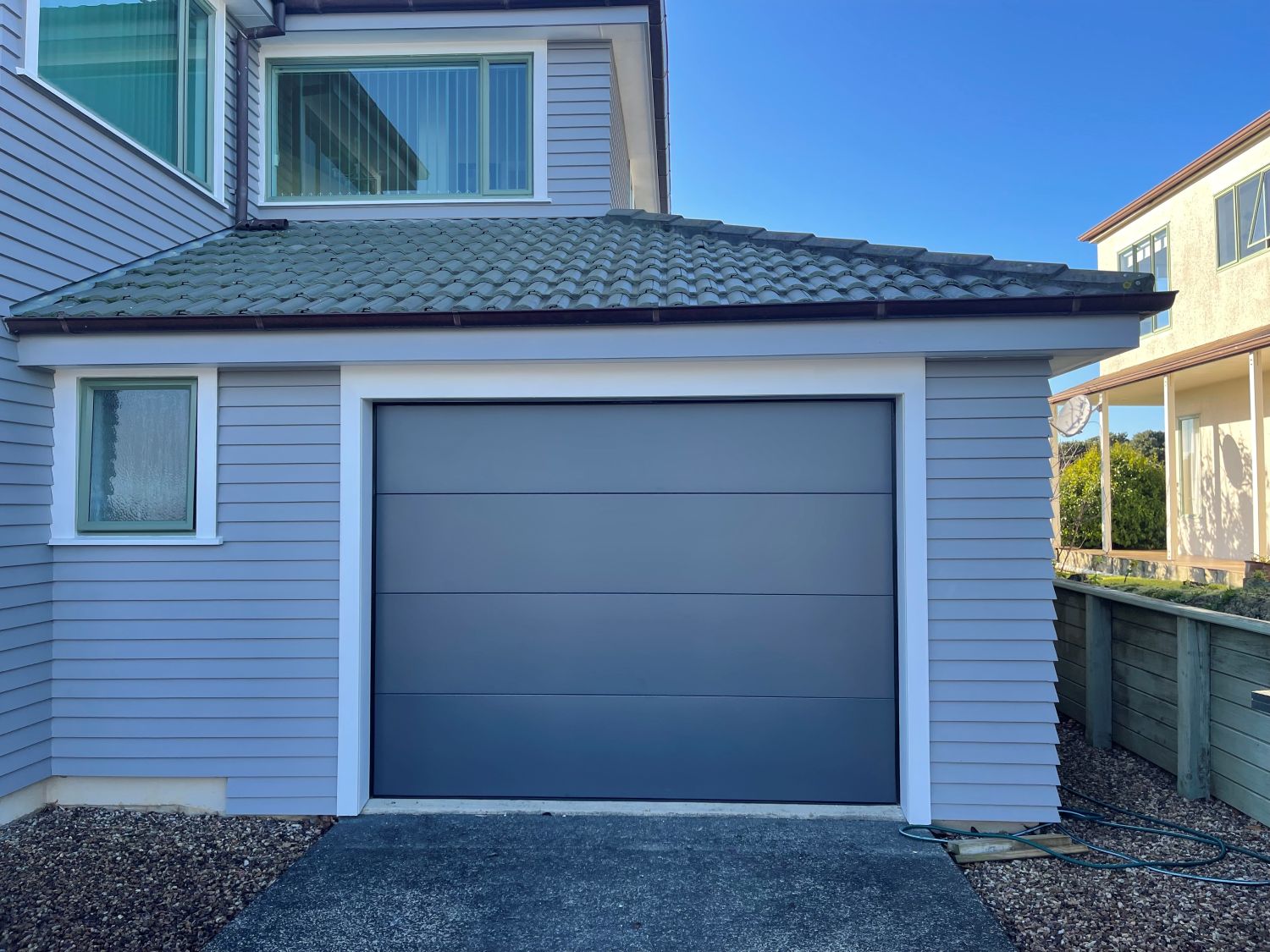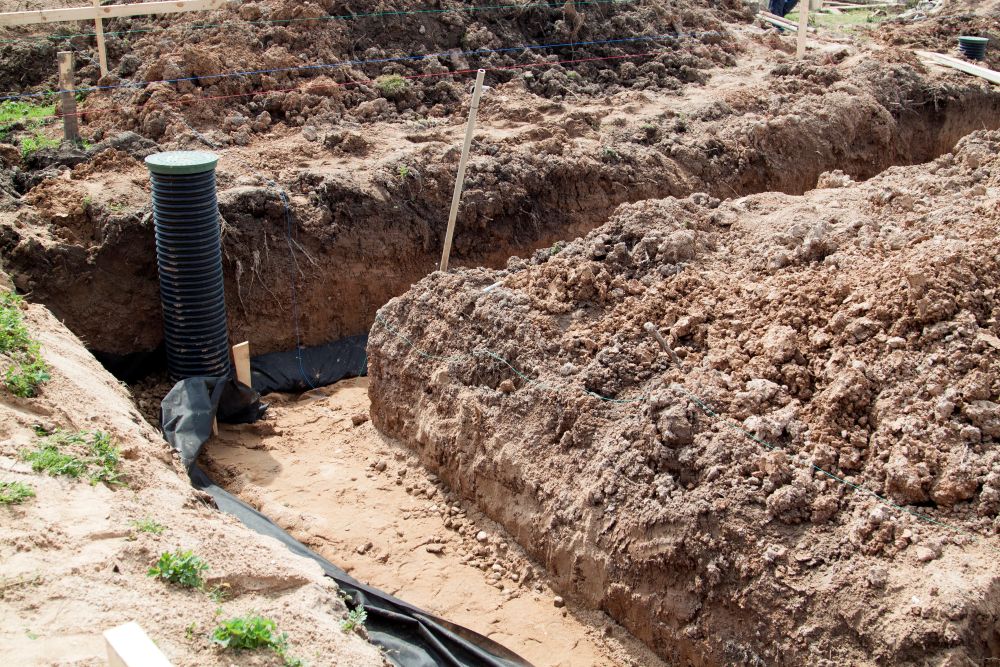The legal framework surrounding forklift operation in New Zealand is explicit – it is illegal to operate a forklift without a valid licence.
This mandate is anchored in the Health and Safety at Work Act 2015, which imposes a duty on both employers and employees to ensure a safe work environment. It is also covered in the 1950 Machinery Act.
Operating a forklift without proper authorisation breaches these regulations and is considered a serious offence.
Penalties for Non-Compliance:
The consequences of operating a forklift without a licence in New Zealand are severe.
Individual offenders may face ranging from $50,000, for an individual failing to comply with a duty, up to $300,000 or imprisonment for 5 years, or both.
These fines are doubled for an officer of a PBCU (person conducting a business or undertaking), or someone self-employed.
Fines for anyone else, such as an organisation that is a PCBU, are extremely high, ranging from $500,000 up to $3,000,000!
These penalties are in place to underscore the significance of adhering to licensing regulations and to deter individuals from jeopardising workplace safety.
For more information on penalties, you can refer to WorkSafe New Zealand, or this fact sheet outlining the offences and penalties under the 2015 Health and Safety Act
Safety Implications:
Beyond the legal ramifications, operating a forklift without proper training and licensing poses substantial safety risks.
It is also crucial to make sure your forklifts are well maintained at all times, to avoid any unnecessary risks and wear to your fleet of machines. It is crucial to understand the lifecycle of your forklift and plan accordingly to keep everything operating as safely as possible.
Forklifts are powerful machines, and unlicensed operators may lack the necessary skills to navigate them safely, leading to accidents, injuries, and property damage.

Types of Forklift Licences
In New Zealand, there are multiple different licences to be aware of when operating heavy machinery, it is important to make sure anyone operating heavy machinery such as forklifts, have the relevant licences.
- The basic forklift licence allows you to operate a forklift off the road, on private property. You can find out more on how to get your New Zealand forklift licence here.
- F endorsements with forklift licences work to allow you to drive a forklift on public roadways. There are different classifications based on your currently obtained licences:
- A class 1 driver’s licence (with an F endorsement) covers forklifts with a weight of up to 18,000kgs when loaded.
- A class 2 driver’s licence (with an F endorsement) covers forklifts with a weight of over 18,000kgs when loaded.
- You may also need a Heavy Vehicles licence in order to allow you to operate heavy forklifts
More information on this is available on the NZTA website, as well as at Worksafe.
FAQs and Common Concerns
How often should a forklift licence be renewed?
Forklift licences typically need to be renewed every three years. However, specific requirements may vary based on factors such as changes in regulations or the introduction of new safety standards. Operators are encouraged to stay informed about renewal timelines to ensure continuous compliance.
What training is involved in obtaining a forklift licence?
To obtain a forklift licence in New Zealand, individuals must undergo comprehensive training from accredited providers. This training encompasses both theoretical knowledge, covering safety protocols and regulations, and practical skills, including forklift operation, load handling, and manoeuvring.
Are there age restrictions for obtaining a forklift licence?
Yes, applicants must be at least 18 years old to be eligible for a forklift licence in New Zealand. This age requirement ensures that operators have the maturity and responsibility needed to operate forklifts safely in a workplace setting. There is also the requirement of a full driver’s licence in order to obtain an F endorsement.
What happens if a forklift licence expires?
If a forklift licence expires, the operator is no longer legally authorised to operate a forklift. It is crucial to renew the licence before its expiration date (normally every three years) to avoid legal consequences and to ensure that the operator’s skills and knowledge remain current.
Can an overseas forklift licence be used in New Zealand?
A5: In some cases, an overseas forklift licence may be recognized in New Zealand. However, it is advisable to check with local authorities to confirm the eligibility and any additional requirements for recognition. Employers are able to accept Australian HRWL certifications at their own discretion.
Are there any specific regulations for forklift operation in certain industries?
Yes, some industries may have specific regulations or guidelines for forklift operations. For example, the construction, manufacturing, and agricultural sectors may have unique safety considerations, and operators should be aware of and adhere to industry-specific requirements.

Staying Safe on the Job by Protecting Both your Staff and your Business.
The prohibition against operating a forklift without a valid licence, as mandated by the Health and Safety at Work Act 2015, is designed to maintain a secure work environment. It is not merely a legal requirement but a fundamental step toward minimising workplace risks.
Understanding the nuances of different forklift licences is indispensable, ensuring operators are equipped to handle specific machinery safely.
Moreover, the renewal and updating of licences serve as an ongoing pledge to professional development and adherence to evolving safety protocols.
Employers must cultivate a culture that emphasises continuous training and prioritises the well-being of forklift operators.
This guide serves as a tool for both operators and employers in the intricate landscape of forklift operations in New Zealand, with the multitude of different varieties of forklifts, and the many different attachments and applications available for the highly robust machines.
By embracing legal mandates, fostering a robust safety culture, and staying informed about industry best practices, individuals collectively contribute to a workplace that not only adheres to regulations but actively promotes a culture of excellence and safety.
Forklift mastery in New Zealand is not a static achievement; it is an ongoing commitment to fostering a work environment where safety and efficiency coexist harmoniously.
If you are looking at other ways to progress your career as a tradie, take a look at some of the other recent trends in renovation, to stay ahead of the curve and learn valuable skills


